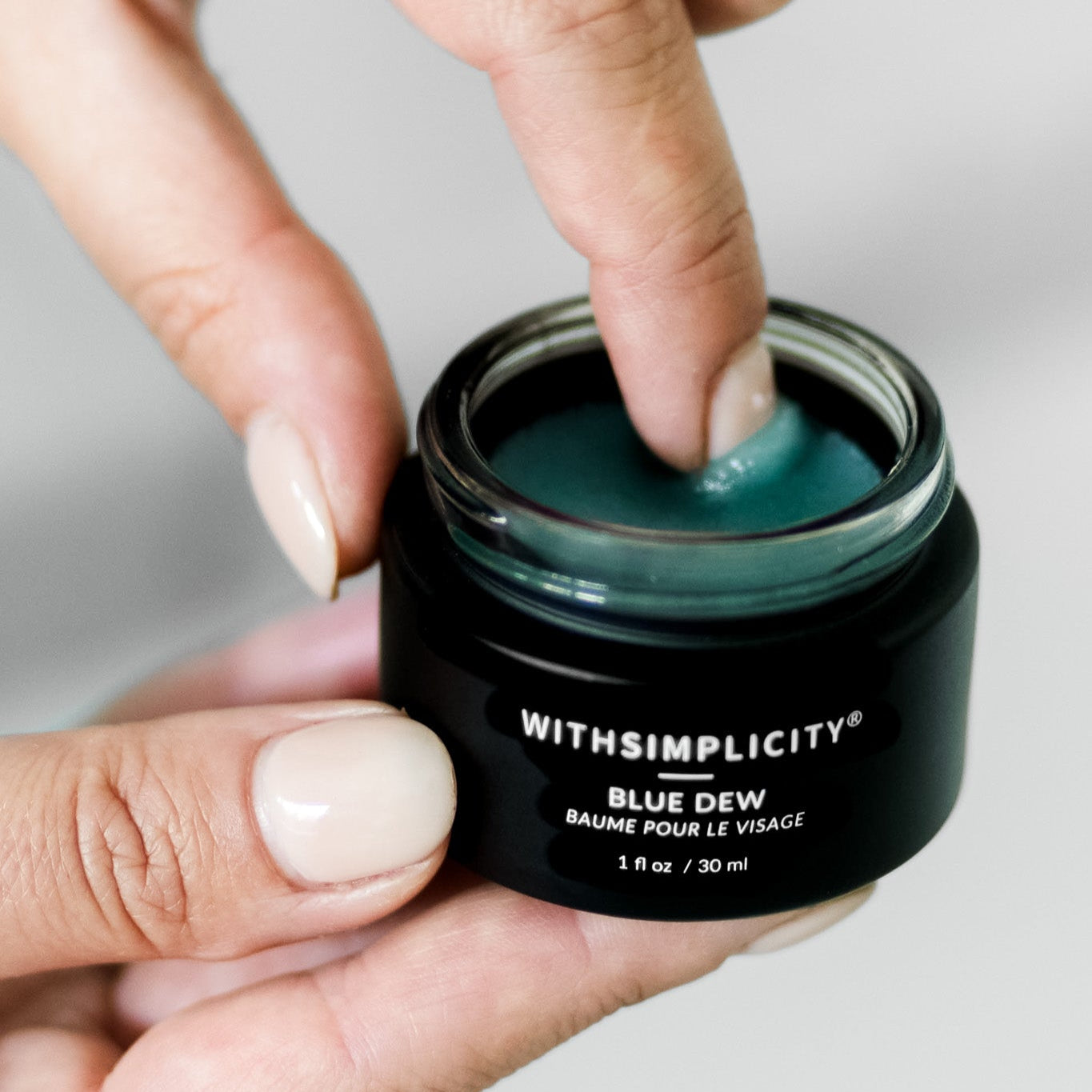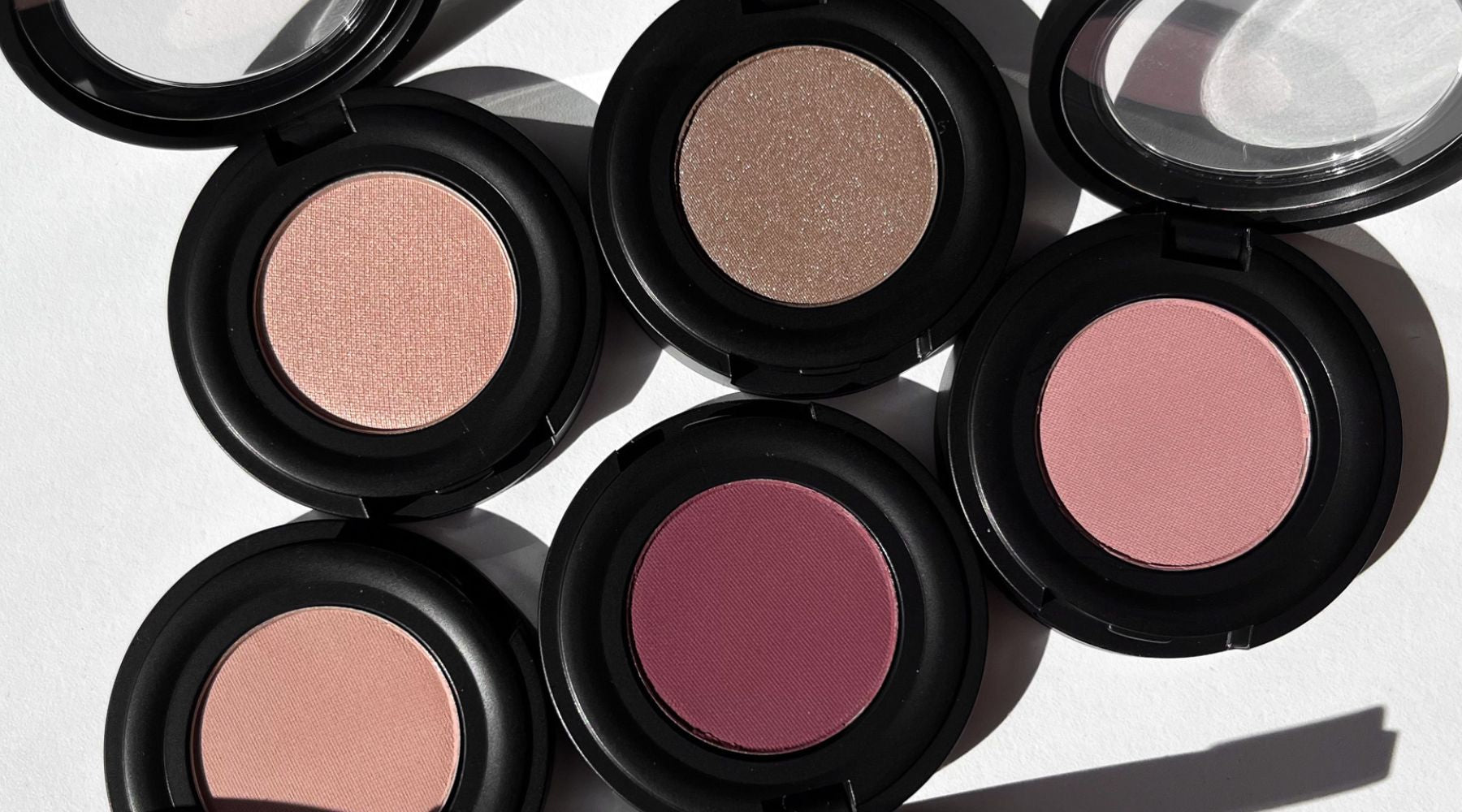Makeup is a powerful tool for enhancing your natural beauty. However, many people overlook the fact that several conventional products contain unsafe ingredients that can have detrimental effects on overall wellness. If you’re worried about the health consequences of using traditional cosmetics, you should definitely consider switching to natural makeup.
You don't have to compromise on your values for quality products!
What Make a Product "Natural"?
Natural makeup refers to items with ingredients from pure sources, such as plants. Some examples include olive oil, shea butter and beeswax. Currently, the U.S. Food and Drug Administration (FDA) doesn’t have a regulatory meaning for this label. No regulatory bodies require makeup companies to prove they’re natural.
Scary, right?
If you aren't familiar with current FDA guidelines, the FDA barely regulates cosmetics, meaning that you as the consumer need to be savvy when it comes to reading labels.
If you need help decoding cosmetic labels, we put this super helpful guide together for you!
Does “Natural” Mean “Organic?”
Natural and organic are different terms. Natural ingredients mean they’re not synthetically derived components. On the other hand, an organic product follows the United States Agriculture Department’s (USDA) labeling categories:
- 100% Organic: The item must only contain organically produced ingredients, excluding salt and water.
- Organic: At least 95% of the ingredients are organically produced, excluding salt and water.
- Made with Organic Ingredients: At least 70% of the product is made from organic substances. For instance, the label might read “facial mist made with organic aloe vera and rose.”
Products with less than 70% organic ingredients cannot use the label “organic” in their packaging and description. Moreover, all operations that produce organic beauty products must be certified by a USDA-accredited organic certifying agent (which is very expensive to do).
This is why we notate which ingredients are organic on our packaging.
The Toxic Side of Makeup Products
Many individuals use makeup daily, completely oblivious to its health risks. In fact, many makeup products sold in the U.S. and Canada contain per- and poly-fluoroalkyl substances(PFAS) — a class of chemicals associated with health issues. A study analyzed 231 cosmetics and found that products advertised as “long-lasting” and “wear-resistant” contain high fluorine levels, indicating PFAS content.
According to Graham Peaslee — a physics professor at the University of Notre Dame — these products can be absorbed through the skin or at the tear duct when applied around the mouth and eye areas. Once they enter the body, they accumulate in the bloodstream.
Parabens, phthalates and PFAS are only some of the many toxic ingredients you may find in atypical cosmetic product. Some harmful ingredients to be mindful of include (the list is much longer and would required a 20,000 word blog post to go through):
- Formaldehyde: This can cause irritation and allergic reactions. It’s commonly found in hair smoothing products and may also be in cosmetics.
- Toluene: Exposure to toluene may cause dizziness, headaches and cracked skin.
- Carbon black: This ingredient is added to eyeliners, lipsticks and mascaras to improve coloring. However, it’s reported to increase the risk of lung disease in humans.
- Triclosan: Some makeup manufacturers use triclosan to prevent bacterial contamination. However, it may impact thyroid function and contribute to antibiotic resistance. Triclosan is usually present in toothpaste and body washes.
- Lead: Eye makeup products may contain kohl — a product that may contain high levels of lead, which may be bad for your health. Kohl is currently banned in the U.S.
Why Natural & Clean Cosmetics are Better for Your Skin
- Safe for All Skin Types: Natural cosmetics are free of synthetic and potentially harmful chemicals that can clog pores,making them ideal for all skin types. They have lighter and more breathable formulas beneficialfor sensitive and acne-prone skin types. When you wear natural makeup, you allow your skinaccess to better airflow, helping prevent excess oil buildup that may trigger acne flare-ups.
- Reduced Risk of Skin Irritation: There’s little to no risk of skin irritation since non-toxic makeup products don’t contain synthetic fragrances, artificial dyes or parabens. People with sensitive skin — who are more prone toinflammation, allergic reactions and redness — will most likely benefit from these items.
- Nourishing and Soothing: Natural products use plant-derived ingredients, which contain nourishing oils easily absorbed into the skin. These botanical extracts can help soothe and hydrate your skin naturally, reducing dryness, inflammation and flakiness.
- Free of Endocrine Disruptors: Endocrine disruptors in makeup can interfere with the body's hormonal system, potentially leading to health issues such as reproductive problems, developmental delays, and increased cancer risk. These chemicals can accumulate in the body over time, posing long-term risks even at low exposure levels. Make sure to avoid products that contain fragrance.
- Free of Carcinogens: Sooo many makeup brands are using talc in their cosmetics, which is a known carcinogen. If you want to deep dive into how awful talc is, we put together a guide for you.
Using natural makeup products means investing in your skin health and contributing to a more sustainable tomorrow. With these tips in mind, you can now switch to more gentle and safe cosmetics.



